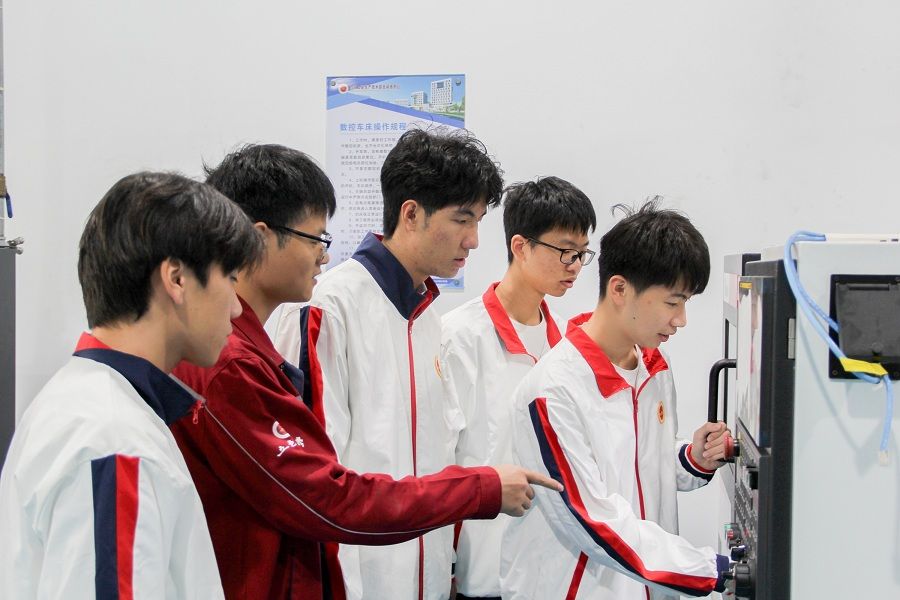The Mechanical Engineering discipline was initially established during the university's early years. In 1987, the Mechanical Department was founded, which evolved into the School of Mechanical and Electrical Engineering in 2010. In 2023, following the incorporation of automation and other related disciplines, the School of Mechanical and Automation Engineering was formed.
The school offers undergraduate programs in Mechanical Engineering, Automation, Electrical Engineering and Automation, and Transportation Engineering, leveraging the strengths of disciplines such as Mechanical Engineering and Control Science & Engineering. The school currently has approximately 2,200 undergraduate students. Additionally, the school holds a qualification for recruiting Master's degree candidates in Mechanical Engineering, with nearly 200 graduate students currently enrolled.

The school boasts a robust faculty. Currently, there are over 80 staff members, including 50 full-time teachers. Among the full-time teachers, 72% hold doctoral degrees, 58% have senior professional titles, and approximately 35 are qualified as doctoral or master's supervisors.

Adhering to the Outcome-Based Education (OBE) philosophy, the school continuously enhances professional construction through new engineering education. The undergraduate programs have been recognized as national or provincial first-class programs. Over the past three years, the school has undertaken six national and provincial teaching projects and received two provincial teaching achievement awards.
The school emphasizes the integration of industry-education and science-education, focusing on cultivating graduate students' innovative capabilities. In recent years, the school has established over 20 off-campus practical bases with leading manufacturing enterprises and collaboratively trained more than 40 graduate students with institutions such as the University of Macau and Guangdong Academy of Sciences.

The school focuses on research areas including motorcycles and other transportation vehicles, polymer material manufacturing equipment, and laser welding. It has established seven research platforms, including the Guangdong Provincial Engineering Research Center for Advanced Motorcycle Design and Manufacturing and the Jiangmen Wuyi University Key Laboratory for Intelligent Manufacturing of Polymer Materials. Over the past three years, the school has undertaken over 20 national and provincial research projects, received seven provincial-level research awards, and achieved ten technology transfer outcomes.
